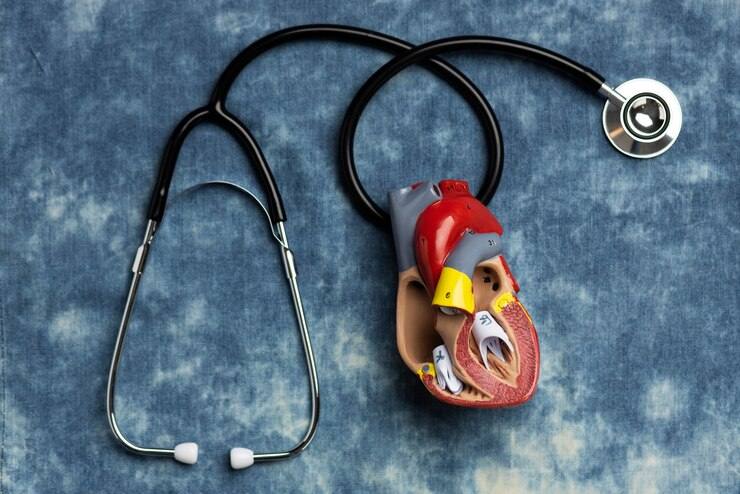
The department of Diabetology & Endocrinology at SUHRC, aims to provide the best possible patient care by incorporating the latest treatments. The Department deals with the diagnosis and treatment of diseases related to hormones, including hypertension or high blood pressure, diabetes and high cholesterol.
Diabetes is a condition in which the human body stops producing or fails to properly use insulin which is a hormone that is required to convert food into energy. The three main types of diabetes – type 1, type 2 and gestational are all defined as metabolic disorders that affect the way the body uses digested food to make glucose.
Endocrinology is the field of hormone-related diseases that deals with the endocrine system. These glands secrete hormones into the blood. Hormones of the endocrine system perform various functions and may have different effects depending on which organ is targeted. Many laboratory tests are used for diagnosis, which may include diagnostic imaging.
The Endocrine Society recommends that diet, exercise, and behavioural modifications be part of all obesity management approaches.
For thyroid disorders stemming from the over or underproduction of thyroid hormone restoration of the hormone levels is done to attain proper balance by using drugs or surgery
Polycystic Ovarian Syndrome(PCOS) is a hormonal disorder which when diagnosed early and treated along with weight loss may reduce the risk of long- term complications such as type 2 diabetes and heart disease.
With pituitary disorders, you often have too much or too little of one of your hormones.
The adrenal glands are small glands located on top of each kidney. With adrenal gland disorders, there is either a deficiency or excess amount of a particular hormone in the body.
Parathyroid disorders are associated with abnormal levels of calcium in the blood that can cause brittle bones, kidney stones, fatigue, and other problems.
The main diseases of a hyperactive adrenal gland include: primary hyperaldosteronism (too much aldosterone), Cushing’s Syndrome (too much cortisol), and pheochromocytoma/paraganglioma (too much adrenaline).
Reproductive disorders and infertility are associated with the risk of obstetric complications and have a negative impact on pregnancy outcome. Affected patients often require assisted reproductive technologies (ART) to conceive, and advanced maternal age is a further confounding factor.
A metabolic disorder occurs when abnormal chemical reactions in your body disrupt the metabolic process of breaking down food into energy. When this happens, your body might have an imbalanced proportion of hormones needed to stay healthy.